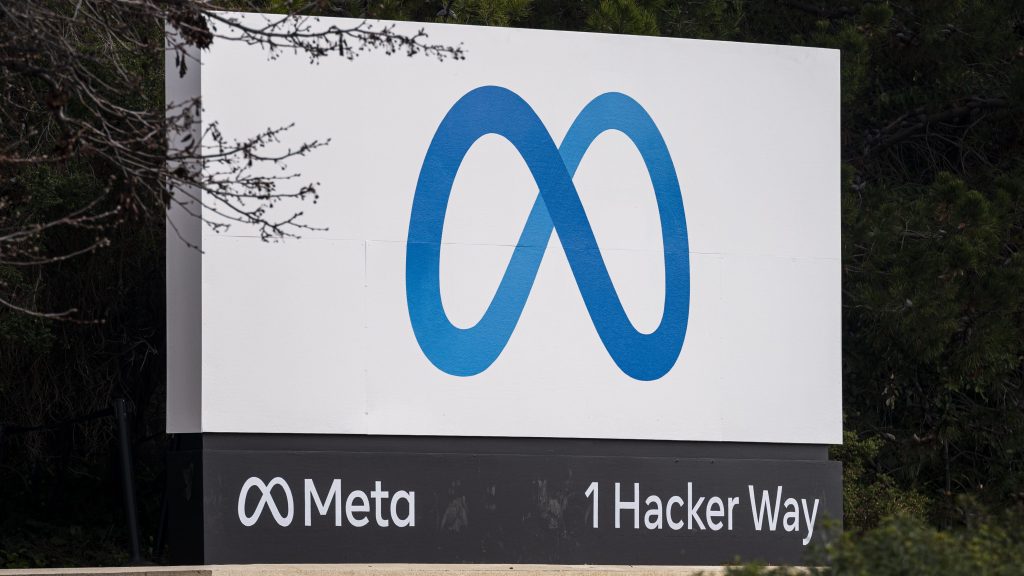Meta has won an antitrust lawsuit, under appeal, that pitted the tech giant against dozens of state attorneys general, led by New York. The states alleged Meta had illegally maintained monopoly power in the social networking market through its acquisitions of photo-sharing app Instagram in 2012 and WhatsApp in 2014, and that it gained further power through data policies that harmed app developers.
“As the Court of Appeals rightly recognized, this case fundamentally mischaracterized the vibrant competitive ecosystem in which we operate,” a Meta spokesperson said, in a statement on the ruling. “In affirming the dismissal of this case, the court noted that this enforcement action was ‘odd’ because we compete in an industry that is experiencing ‘rapid growth and innovation with no end in sight.’ Moving forward, Meta will defend itself vigorously against the FTC’s distortion of antitrust laws and attacks on an American success story that are contrary to the interests of people and businesses who value our services,” they added.
The plaintiffs, which included the attorneys general from 48 U.S. states and territories, had first sued Meta in December 2020, but a federal court dismissed their case in 2021, as well as a parallel case by the Federal Trade Commission, which could have ultimately resulted in Meta being required to divest of Instagram and WhatsApp. The states appealed the ruling in January 2022, arguing that the district court judge had wrongly terminated their case.
U.S. District Court Judge James Boasberg had ruled that states had waited too long to challenge Meta’s acquisitions and that the policies they had cited were not illegal under antitrust law. The states, however, believed that their unprecedented delay to file “does not apply against sovereign states suing to protect the public interest, like the states here.”
The states also believed the policies could violate antitrust law, so they appealed the case.
The lower court had additionally granted the FTC leave to amend its complaint, allowing its case to proceed, as was reported last year.
In terms of the states’ case, however, the U.S. Court of Appeals for the District of Columbia Circuit has now upheld the district court’s ruling, calling the states’ lawsuit “not only odd, but old.”
The court’s opinion further explains that the suit “concerns an industry that, even on the States’ allegations, has had rapid growth and innovation with no end in sight.”
It then explains that as “sovereigns,” the states aren’t able to argue for an injunction under antitrust laws, because to be entitled to do so, they must be a “person, firm, corporation or association,” which they are not.
The court also agreed with Judge Boasberg’s, decision that the States “unduly delayed” to file their suit. Facebook, (now Meta), had first acquired Instagram and WhatsApp in 2012 and 2014, respectively, but the lawsuit wasn’t filed until December 2020.
The district court had ruled that the long delays were “unreasonable and unjustified as a matter of law,” citing a four-year statute of limitations from other antitrust cases on other circuits as a guideline. The court also pointed out the acquisitions were well-publicized and went through lengthy, publicly reported FTC investigations to determine if they violated antitrust laws at the time.
The appeals court also agreed with Judge Boasberg’s opinion regarding Facebook’s Platform and its practices and policies. The States had cited snippets of Facebook policies from 2011 and 2013, which the court said were “accurate, but the messages they seek to convey are not” — meaning, they didn’t make a case for antitrust law violations.
“…we agree again with Judge Boasberg’s comprehensive and well-reasoned opinion determining that the States’ Platform-based allegations failed to state a cause of action,” the new opinion issued today states.
It also agreed that the district court was correct that the States’ “exclusive dealing” theory fails as a matter of law, as it only limited apps on Facebook but left app developers free to develop applications for Facebook competitors.
On other matters, the lateness of the lawsuit impacted the States’ ability to make its case, as it wanted injunctive relief for a policy that ended in 2018, giving Facebook platform access to companies that have long since shut down or pivoted their business.
“Injunctive relief would be unwarranted even if the States could prove their allegations,” the court noted.































Comment